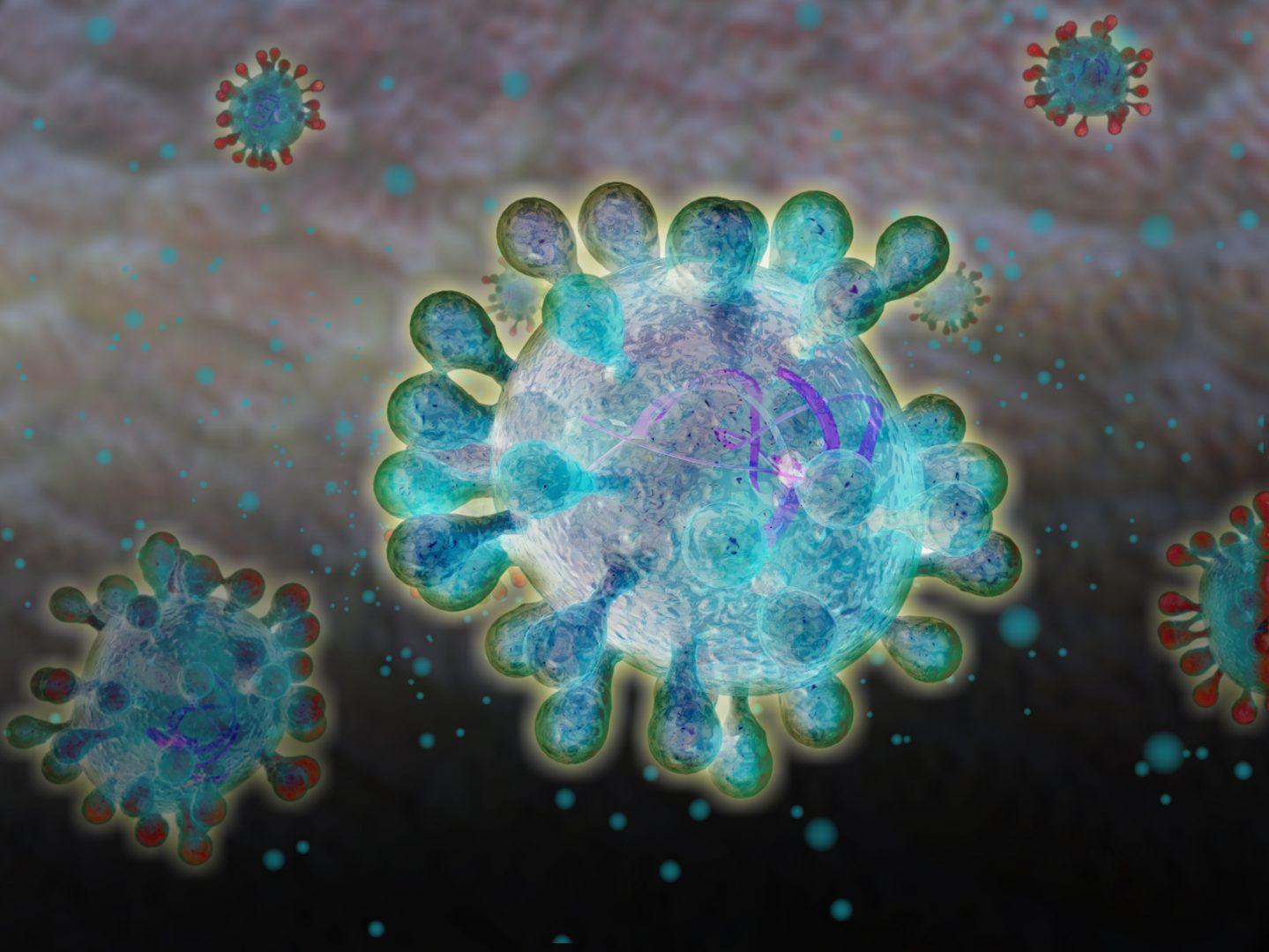In light of the recent outbreak of the new coronavirus, 2019 Novel Coronavirus (2019-nCoV), in Wuhan, China, the Fresno State Health Center has taken extra precautions for students as the global outbreak spreads.
President Dr. Joseph I. Castro issued a message on Jan. 29, explaining that Fresno State is working closely with the Fresno County Department of Public Health (FCDPH) and that there have been no suspected or confirmed cases in Fresno County. He also said, “No Fresno State students are currently studying in China, and there are no faculty or staff on university-related business there.”
According to the Centers for Disease Control and Prevention (CDC), coronaviruses “are a large family of viruses that are common in many different species of animals, including camels, cattle, cats, and bats.” In some cases, such as with 2019-nCoV, animals can transfer the virus to humans, and then the virus can be transmitted person-to-person.
Dr. Khampha Thephavong, medical director and chief of staff at the SHCC, said the center is equipped to keep students safe.
“We actually don’t have any confirmed or suspicious case here in the county. We work very closely with the public health department and they usually will let us know if there’s any, but we also reach out to them on a regular basis,” Thephavong said.
She said there is a system of collaboration in place among major clinics and hospitals in Fresno, of which the SHCC is part.
In the event of an outbreak in Fresno County or, more specifically, on campus, the health center staff is well-trained.
“We do know that there’s no cases, so we’re not as aggressive,” Thephavong said.
Thepavong also talked about the importance of simply washing hands after coughing, sneezing or touching everyday objects in public. She said that the best way to be proactive is to be educated.
“We always encourage and remind one another to wash your hands consistently, and if we’re sick to make sure we wear masks; we’ve got to be respectful of other people and our patients,” she said.
Amidst the new outbreak, people have responded with fear because of the missing pieces to scientists’ research. But Thephavong says she’s not worried since she stays in contact with the public health specialists who say there is no immediate threat or cause for concern in the area.
According to China’s National Health Commission, 80 percent of fatalities occurred in those over 60 years old, and 75 percent of those diagnosed had pre-existing conditions, such as diabetes or cardiovascular disease.
Thephavong also said that China’s crowded population and weaker public health system might contribute to a rising death toll there. Not receiving access to care on time could play a huge role in China’s handling of 2019-nCoV.
Thephavong admits that it is hard to know the difference between the flu and red flags of 2019n-CoV, but says there are three symptoms to be aware of.
“If you have a cough associated with fever and shortness of breath, those are the main things,” Thephavong said.
Some of the questions health center physicians ask sick students include whether they have traveled, and if so, where. The team of physicians has taken a precautionary measure to contact international students who have either traveled home, or started their first semester at Fresno State in January.
Thephavong said the staff called about seven international students who had traveled, and they were not anywhere near Wuhan, China, or near anyone who has been sick.
“I actually met with the international office and informed them as well, like, ‘Hey, if there’s any ill students, let us know right away. Make sure they wear a mask. Call us before they even come in.’ So those very basic, but yet important steps are in place,” she said.
Kiera Brown, a nursing student at Fresno State, discussed the fear that surrounds talk of 2019-nCoV.
“The regular flu kills more people than coronavirus, but people are freaking out about it because it’s new,” Brown said.
Brown broke down the mechanism of a virus, and said that viruses corrupt the human body’s cells, reproducing their own DNA in a person’s body.
Brown said that fatalities in China are mostly related to those with compromised immune systems, the elderly and the young. She predicts that doctors will design a new vaccine in the coming months to prevent 2019-nCoV.
However, just because the flu is in the virus family doesn’t mean getting the flu vaccine protects people from 2019-nCoV.
“If you get the flu vaccine, you’re still at risk for the other flu strains. Let’s say there’s 10,000 flu strains this year; they’re going to take one and hope that’s the vaccine,” Brown said
Brown predicts that once doctors design a vaccine for 2019-nCoV, there will be a big push for the vaccine. But this could take months.
“Every time your body sees it, your body makes cells against it,” she said. “So that’s the idea of the vaccines; they give it to your body so it recognizes it, and then that way the next time, if they see it again, they jump on it,” Brown said.
But Brown said that at the end of the day, medicine is a business, and nothing beats washing your hands.
“If you have a fever, stay home,” Brown said. “I think that’s part of the reason why we have, as in America, such a bad flu season. It’s because we don’t stay home when we’re sick, because there’s so much pressure to succeed and push our bodies,” Brown said.
Health risks remain low for Fresno County, but taking precautions protects both the healthy and the sick.
“We are blessed to be in a nation that we have everything pretty much in place, so I feel pretty hopeful that we will be fine,” Thephavong said.




